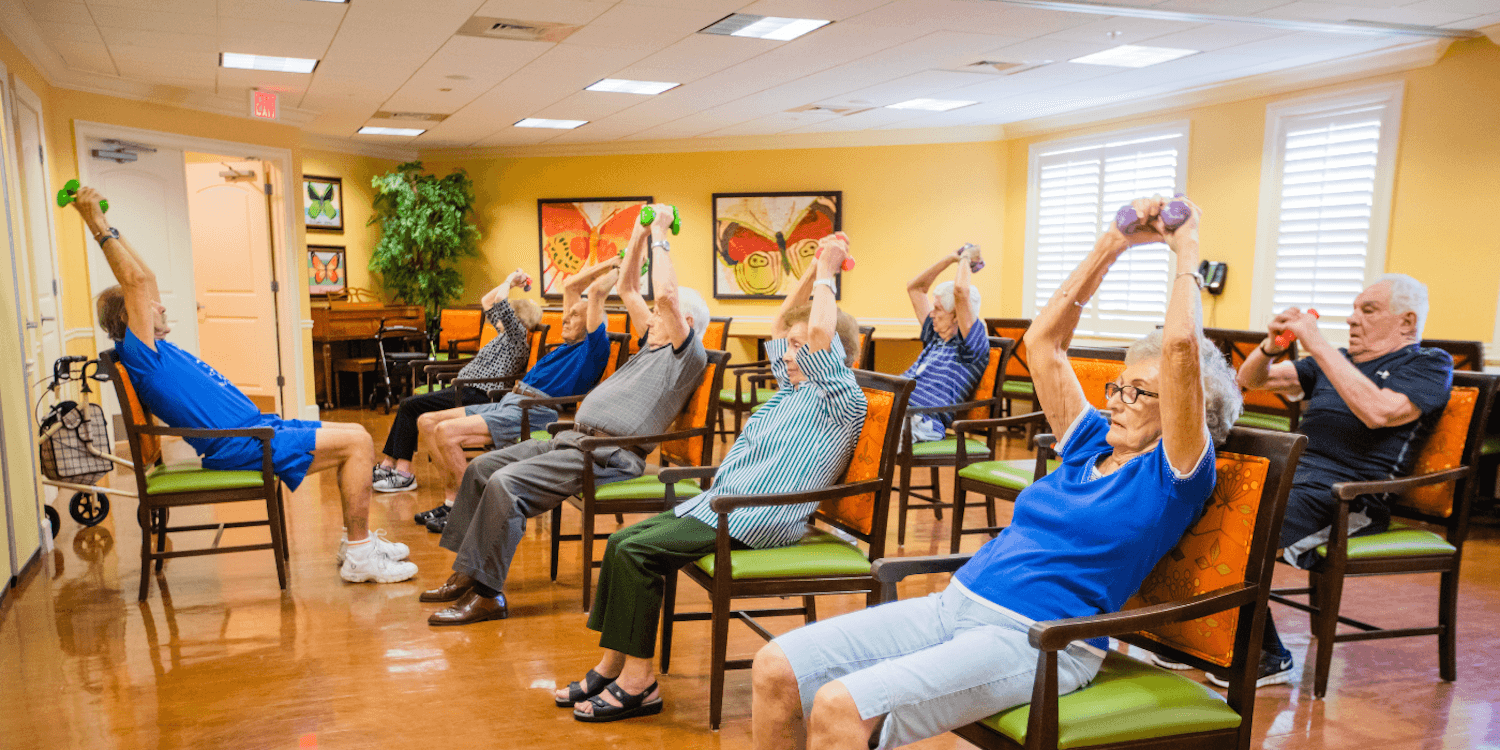Adeptly Managed Programs for High Quality Alzheimers Care Charlotte Solutions
Adeptly Managed Programs for High Quality Alzheimers Care Charlotte Solutions
Blog Article
Developing a Safe and Helpful Setting for Alzheimer's Treatment
The development of a supportive and secure atmosphere for people with Alzheimer's is critical in enhancing their lifestyle. This involves not just physical adjustments within the home, such as decreasing risks and incorporating familiar components, however likewise the implementation of structured regimens and meaningful tasks that accommodate their cognitive requirements. Furthermore, recognizing the emotional and mental dimensions of treatment can dramatically affect their feeling of safety and connection. Discovering these multifaceted techniques can disclose essential insights into efficient caregiving approaches that may change the daily experiences of both caretakers and people.
Comprehending Alzheimer's Requirements
Often, people with Alzheimer's condition show a series of requirements that call for tailored methods to care. As the problem proceeds, cognitive decline materializes in various means, impacting memory, thinking, and also the capability to do everyday activities. Caretakers must recognize these evolving demands to give appropriate support and ensure a better of life for those impacted.
One important element of comprehending Alzheimer's needs is identifying the relevance of routine and experience. People commonly find comfort in well-known patterns, which can minimize stress and anxiety and complication. Caretakers should strive to produce organized day-to-day schedules that include significant activities straightened with the person's rate of interests and capacities.
Furthermore, effective communication is extremely important. Individuals with Alzheimer's may struggle to reveal themselves or comprehend complicated language. Caretakers ought to employ straightforward, clear language, use non-verbal signs, and practice energetic listening to foster understanding and connection.
Caregivers need to motivate interaction in community tasks or family celebrations, advertising a sense of belonging and objective. Recognizing these varied demands is vital for producing an encouraging treatment setting.
Creating a Safe Home
Developing a secure home for people with Alzheimer's illness is vital to lessening dangers and advertising self-reliance. The design of the home ought to prioritize safety and security while enabling for personal comfort. Get rid of possible risks such as loose carpets, sharp objects, and clutter, which can lead to falls or mishaps. Ensure that pathways are clear and well-lit, as correct illumination reduces disorientation and boosts wheelchair.
Integrating adaptive functions is also essential. Mount grab bars in restrooms and near staircases, and think about making use of non-slip mats in wet locations. Additionally, utilizing different shades for walls and floors can aid in identifying spaces, assisting to alleviate complication.
Familiarity is very important for individuals with Alzheimer's. Customizing the environment with acquainted items and pictures can reinforce a sense of belonging and security - Alzheimers Care Charlotte. It is also useful to have a marked location for day-to-day activities, such as reading or crafting, which can give structure to their day
Last but not least, implementing a protected outside room permits secure exploration while connecting with nature. By thoughtfully creating the home setting, caregivers can dramatically enhance the lifestyle for people dealing with Alzheimer's condition.
Enhancing Interaction Abilities

Non-verbal interaction, consisting of faces, gestures, and touch, plays a crucial role in conveying compassion and understanding. Preserving eye contact and a tranquil temperament can improve the convenience degree of the individual, advertising a sense of safety.
Moreover, it is necessary to practice energetic listening. This entails being completely present, revealing patience, and permitting the person to express themselves without disturbance. Repeating might be needed; caregivers need to be prepared to revisit subjects or concerns, as people with Alzheimer's might deal with memory recall.
Furthermore, using aesthetic help or hints, such as pictures or familiar things, can help with acknowledgment and engagement. Inevitably, enhancing interaction skills has to do with developing trust fund and developing an environment where people really feel heard, valued, and recognized, consequently improving their high quality of life.
Urging Social Communication
Cultivating significant social communications can greatly boost the wellness of individuals with Alzheimer's disease. Involving with others not only assists combat feelings of isolation however likewise stimulates cognitive function and emotional wellness. Structured social activities, such as group arts, crafts and games, or music therapy, create opportunities for citizens to get in touch with peers and caregivers, which can result in improved mood and lowered anxiousness.
Developing a welcoming environment that urges socializing is vital. This can be accomplished by preparing public spaces that facilitate communication, such as comfy seating areas or task rooms. Furthermore, including culturally appropriate and familiar activities read the full info here can motivate and trigger memories participation, enabling people with Alzheimer's to really feel more connected to their previous experiences.
Furthermore, caregivers must be educated to acknowledge and advertise social engagement among residents. Straightforward motions, such as starting discussion or facilitating little seminar, can help individuals feel valued and consisted of. Consistently scheduled gatherings must correspond yet adaptable, suiting differing levels of capacity and interest. By focusing on social interaction, we can considerably enhance the lives of those living with Alzheimer's, fostering a sense of area and belonging.
Supporting Caretaker Wellness

To sustain caregivers, organizations should use regular training and instructional sources to boost their understanding of Alzheimer's condition and caregiving strategies. Supplying access to break treatment solutions allows caretakers to take necessary breaks, reducing stress and anxiety and tiredness - Alzheimers Care Charlotte. Furthermore, fostering an area with support system can promote psychological sharing and the exchange of functional guidance among caregivers, creating a network of shared assistance
Psychological health resources, such as counseling solutions, can likewise be important in dealing with the psychological toll caregiving can take. By prioritizing caregiver well-being, we develop an even more sustainable caregiving atmosphere that not just profits the caretakers themselves however also boosts the overall quality of care received by people with Alzheimer's. Ultimately, sustaining caretakers is an essential element in cultivating a effective and compassionate treatment setup.
Final Thought
In verdict, the creation of a encouraging and safe setting for individuals with Alzheimer's is crucial to boosting their quality of life. By prioritizing security with thoughtful layout, cultivating emotional well-being with familiar aspects, and promoting engagement through structured routines, caretakers can significantly affect the general experience of those affected by this condition. Furthermore, supporting caregiver wellness is important, as it eventually adds Read Full Article to a more reliable and compassionate treatment atmosphere.
Repeating might be needed; caregivers need to be prepared to revisit inquiries or subjects, as individuals with Alzheimer's may battle with memory recall.

Report this page